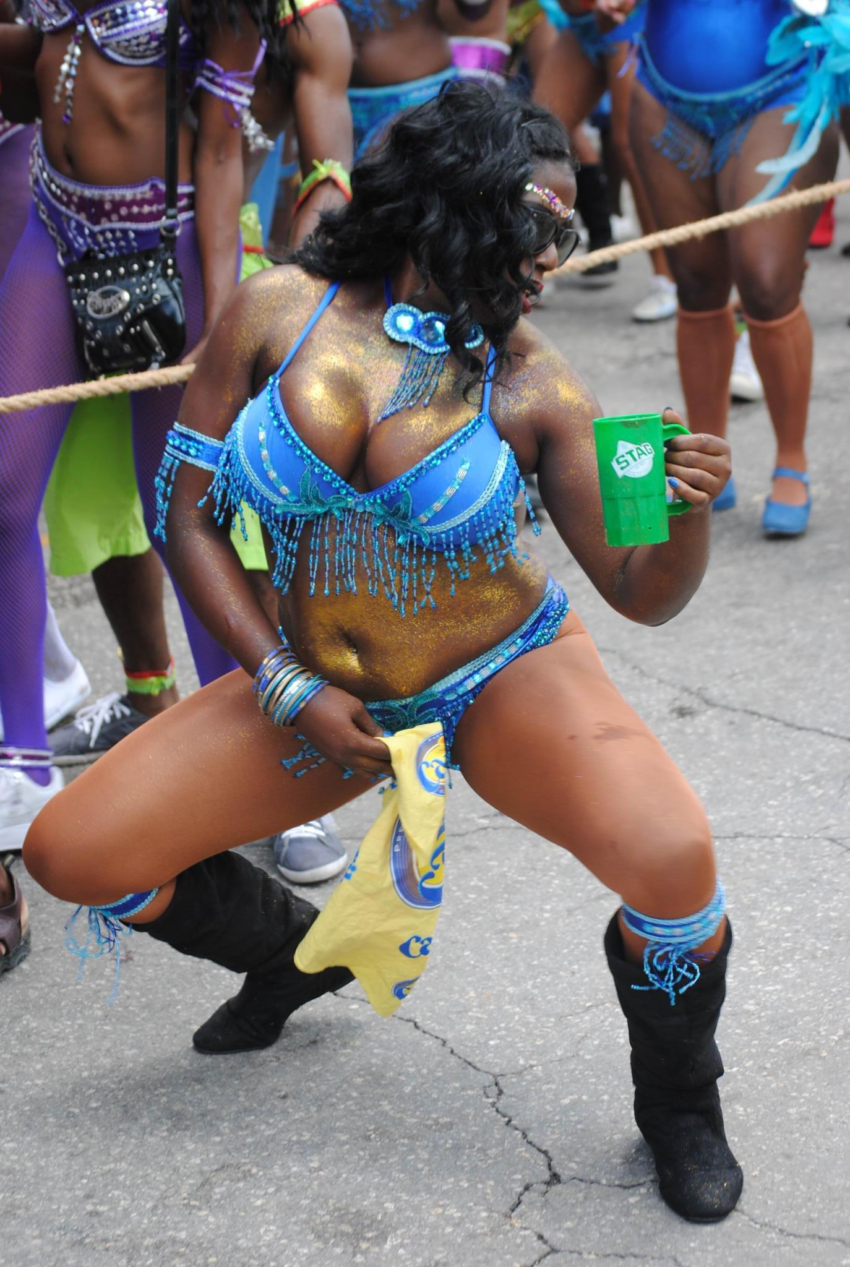The vibrant colors and spirited celebrations of the Crop Over Festival, a cornerstone of Barbadian culture and tourism, face an underreported challenge that could dampen the festivities: soaring costume prices driven by a lack of corporate sponsorship.
Band leaders are voicing concerns that could ripple through the festival’s future vibrancy and accessibility.
There is an economic symbiosis between the festival and the myriad of businesses , that thrive significantly during the Crop Over season. Despite the substantial profits gleaned from the festival period, there is a noticeable reduction in the support these sectors provide to the bands and events that form the backbone of Crop Over. Apparently bands no longer receive substantial support from the private sector.
With less financial backing, the costs of producing elaborate costumes and staging events are passed directly to participants—masqueraders and partygoers—who face increasingly prohibitive costs. This not only strains individual wallets but also risks excluding the very community members who should be at the heart of these celebrations.
The broader implications of these challenges could drive local organizers to seek resources abroad, potentially diminishing the local economic benefits of Crop Over and eroding the cultural authenticity that attracts tourists and locals alike.
While the president of the Barbados Chamber of Commerce and Industry, James Clarke, noted that sponsorship decisions are contingent on individual company policies and strategies, the overarching message from BAM calls for a reevaluation of how local businesses engage with and support cultural events. Clarke highlighted that while some companies view sponsorships as part of community outreach or brand alignment opportunities, the inconsistency in support suggests a need for a more collaborative and community-focused approach.
As Crop Over approaches, both organizers and local businesses face a critical juncture: to reforge partnerships that not only ensure the festival’s financial sustainability but also preserve and celebrate Barbadian culture in all its exuberance and inclusivity.
